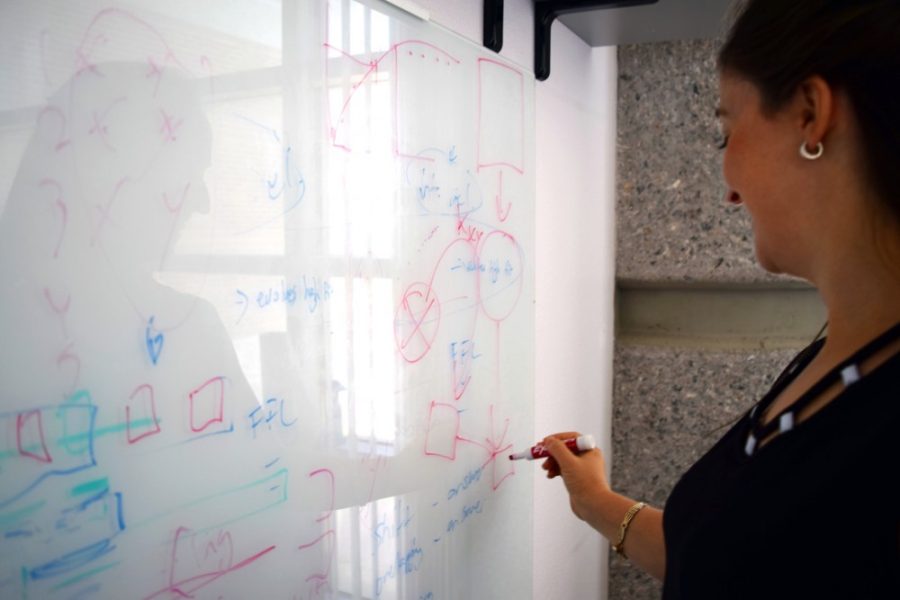While some might think of it as a clean, beautiful theory, evolution is actually anything but. An adjective that Joanna Masel, an associate professor of ecology and evolutionary biology, would use to describe evolution is messy.
Messiness is the opposite of tidiness. Tidiness, in biology, means that everything has a function and sticks to its function, Masel said.
“Evolutionary patterns often take a bird’s eye view of biology,” Masel said, “and if we take that big bird’s eye view, we see a bigger footprint from all of the things the genes are not supposed to be doing and the pressure to avoid doing them.”
This means that fine-tuning the gene’s intended function is not necessarily the most important thing for a cell.
Ryan Gutenkunst, an assistant professor of molecular and cellular biology, said that a misconception about evolution is that it is an optimization process that has been going on for a long time, so organisms must be well designed.
“If there is some feature in the cell, we have to ask: What is it for, what does it do, why does the cell want to do that?” Gutenkunst said. “We’re always interested in function.”
Many components of the cell exist because they are leftovers from the history of the cell, Gutenkunst said.
Masel said that biology strikes a balance between the cost of making things neat and the tolerance to mess.
Two ways cells can deal with mess are either making sure mistakes don’t happen in the first place, or make the mistakes, but have a robust system that can deal with the mistakes, Masel said. However, the former option is much more expensive in terms of energy.
“If you can function well despite the mess, it is a more durable solution in the end,” Masel said.
According to Gutenkunst, evolution is a game of good enough.
“There’s been some contempt for fields like ecology because what they study is such a mess,” Masel said. “But now, molecular biologists are finding that what they study is a mess, too.”
Masel said that historically, biochemistry and molecular biology came out of physical chemistry, a field that didn’t know much about plants and animals. The physical chemists were used to clean machines and picked study organisms that would be as clean as possible and used tools that weren’t capable of detecting mess.
“What has happened more recently is technology has changed,” Masel said. “We now have whole system level technology. Systems biology data didn’t [use] to exist — when you see this data, you can’t help but see that it is a mess.”
Masel believes the time is right for a synthesis between different life science fields, and that the synthesis is currently happening.
“I think appreciating that messiness is good for people doing biology,” Gutenkunst said. “You can go down the rabbit hole looking for an explanation for why a feature is in the cell and what its function is, and sometimes, that feature is just a leftover.”
_______________
Follow Julie Huynh on Twitter @DailyWildcat









